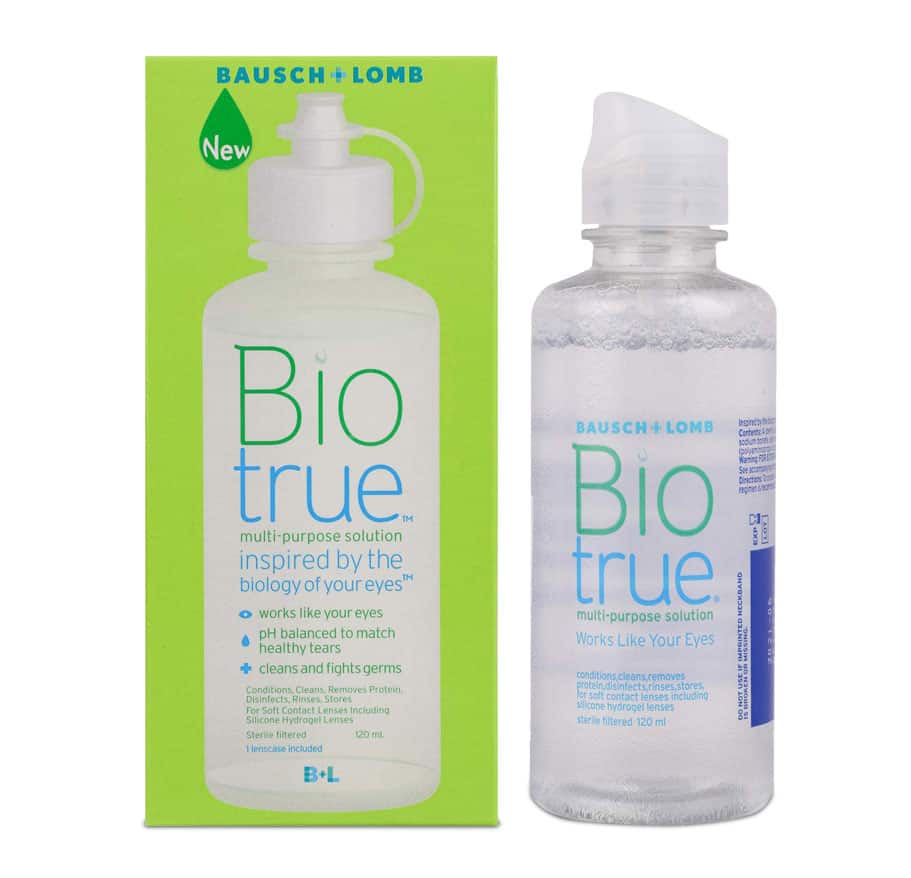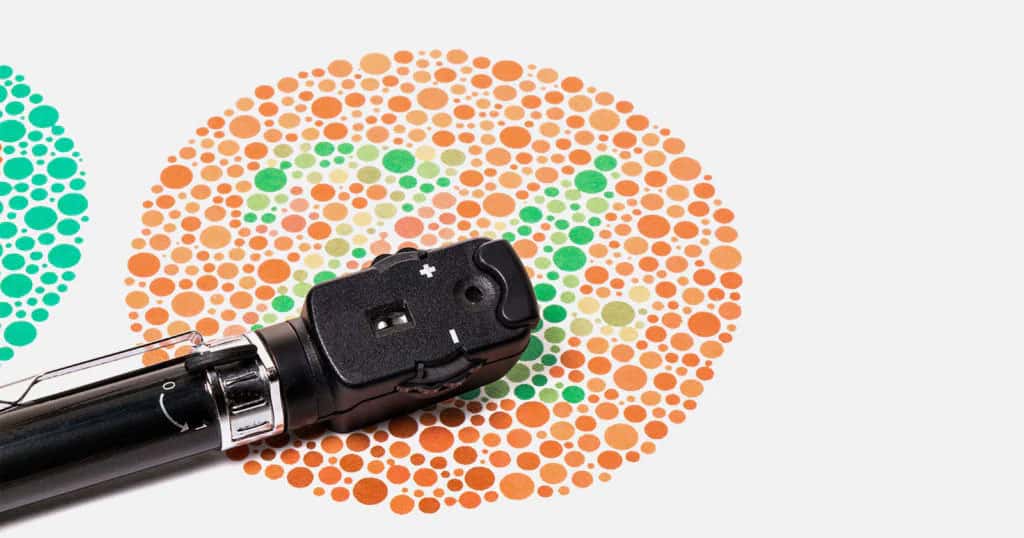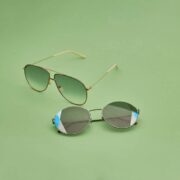From bright orange sunsets to brilliant blue skies, the world is bursting with a rainbow of colors to be seen. Unfortunately, not everyone gets to enjoy the variety of hues that surround us — something that is so often taken for granted!
Around 300 million people suffer from color blindness, meaning the color spectrum they see is extremely limited when compared to others, affecting 8% of men and 1% of women.
The severity of color vision deficiency varies from person to person. Some may only have trouble determining the brightness of a color, while others may not be able to tell one shade from another.
The most common form of color blindness, red-green color deficiency, along with blue-yellow color blindness, are often inherited — but other types do exist, and can be caused from injuries and diseases that affect the eyes, brain, or nervous system.
While no known cure for this exists, color-blind corrective glasses are a great option for those who have a hard time distinguishing colors — it’s not a cure, but it can help the improvement of color perception in colorblind people, working for about 80% of those who wear them.

So, How Do Color Blindness Lenses Work?
Color blindness, or color vision deficiency, is caused by a miscommunication between the light-sensitive cells in the retina (the cones), and the brain.
Each retina has three cones (red, blue, and green) that detect variations in wavelengths of light. When these cones are not functioning properly, or when they’re significantly overlapped, color vision deficiency occurs. For example, someone with completely overlapped red and green cones would suffer from red-green color blindness.
Our specially designed glasses for color-blind people may improve the wearers ability to perceive color contrast, vibrancy, and depth. With enhanced optical lens technology, these lenses are able to absorb and filter the overlapped wavelengths, making it easier for the brain to interpret, while opening up a whole new world of sight for those unable to see color!
Again, this is not a cure, and results do vary. Color perception is often different from each person — even between those who aren’t color blind — so everyone’s experience will not be the same. Talk to your local ophthalmologist about your specific vision needs to find out if color blindness lenses are for you.
Photo-Credit: https://www.eyebuydirect.com/blog/color-blind-glasses/
Content-Credit: https://www.eyebuydirect.com/blog/color-blind-glasses/







